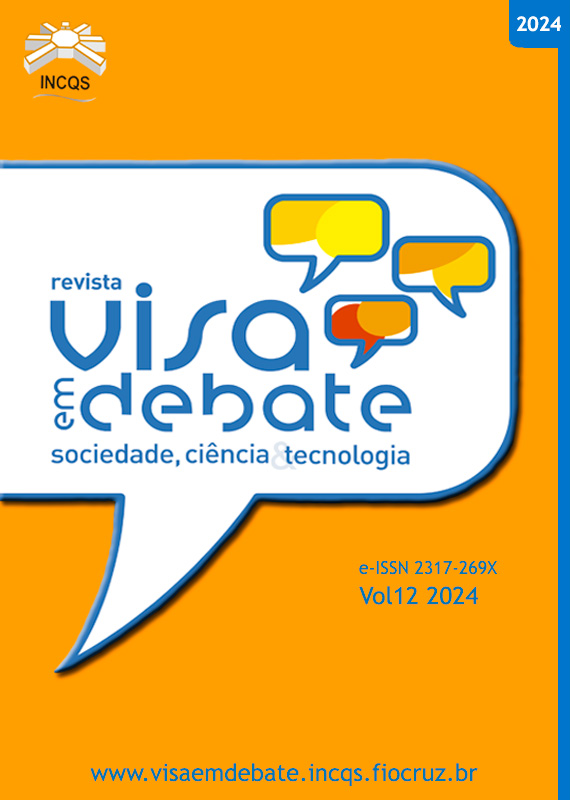Analysis of the return profile of intravenous chemotherapy protocols at a philanthropic hospital intravenous in Salvador-BA
Vigil Sanit Debate, Rio de Janeiro, 2024, v.12: e02054 | Published on: 15/07/2024
DOI:
https://doi.org/10.22239/2317-269X.02054Keywords:
Pharmacoeconomics, Aantineoplastics, ChemotherapyAbstract
Introduction: The increase in the costs of cancer treatments is configured as a relevant problem for health services linked to the constant incorporation of new drugs for cancer treatment. This growth in expenses reflects the challenge of managing resources to meet the needs of the oncologic area. It is necessary to optimize resources in view of the growing demand and associated costs. In the scenario where patients receive personalized treatments, changes in therapy are possible, causing some returns of antineoplastic drugsand increasing costs in health services. Objective: To analyze the profile of returns of chemotherapy drugs handled by the Pharmacy sector and the relationship with costs in a philanthropic hospital in Salvador. Method: This was a cross-sectional, retrospective, and analytical study conducted between August 2019 and August 2020. Data were collected through forms obtained after the return of chemotherapy. Information such as the drug name, dose, reuse status, and reason for return were evaluated. Data were tabulated using SPSS software. Results: 171 chemotherapy bags were returned involving 19 active ingredients. The clinical factor accounted for 59.1% of the returns. Cisplatin accounted for 14.6% of the returns. Carboplatin was the most discarded drug, representing 16.9% of the lost bags, whereas Cisplatin had the highest rate of reuse. In pharmacoeconomics, the returns represented the value of R$ 13,887.87. The hospital lost R$ 7,475.61 with the discarded products but saved R$ 6,412.21 through reuse. Conclusions: Oncology needs to be linked to pharmacoeconomics and to minimize discards, strategies should be adopted.
Downloads
Downloads
Published
Issue
Section
License
Copyright (c) 2024 Health Surveillance under Debate: Society, Science & Technology

This work is licensed under a Creative Commons Attribution 4.0 International License.
COPYRIGHT ALLOWANCE The author (s) hereinafter designated as the ASSIGNOR hereby assign and transfer, free of charge, the ownership of the copyrights related to this ARTICLE to the Vigilância Sanitária em Debate: Sociedade, Ciência & Tecnologia (Health Surveillance under Debate: Society, Science & Technology) – Visa em Debate, represented by FUNDAÇÃO OSWALDO CRUZ, established at Av. Brasil, nº 4365, Manguinhos, Rio de Janeiro, RJ, Brazil, CEP 21045-900, under the conditions set out below: (a) The terms and conditions set forth in this Agreement shall apply to the following: 1. The ASSIGNOR declares that they s(he) is (are) the author (s) and owner (s) of the copyrighted property of the ARTICLE submitted. 2. The ASSIGNOR declares that the ARTICLE does not infringe the copyrights and / or other property rights of third parties, that the disclosure of images (if any) has been authorized and that they s(he) assume(s) full moral and / or property liability for its content, before third parties. 3. THE ASSIGNOR assigns and transfers all copyrights relating to the ARTICLE to the ASSIGNEE, especially the rights of editing, publication, translation into another language and reproduction by any process or technique. The ASSIGNEE becomes the exclusive owner of the rights related to the ARTICLE, and any reproduction, totally or partially, is prohibited in any other means of publicity, printed or electronic, without prior written authorization from the ASSIGNEE. 4. The assignment is free and, therefore, there will be no remuneration for the use of the ARTICLE by the ASSIGNEE.






